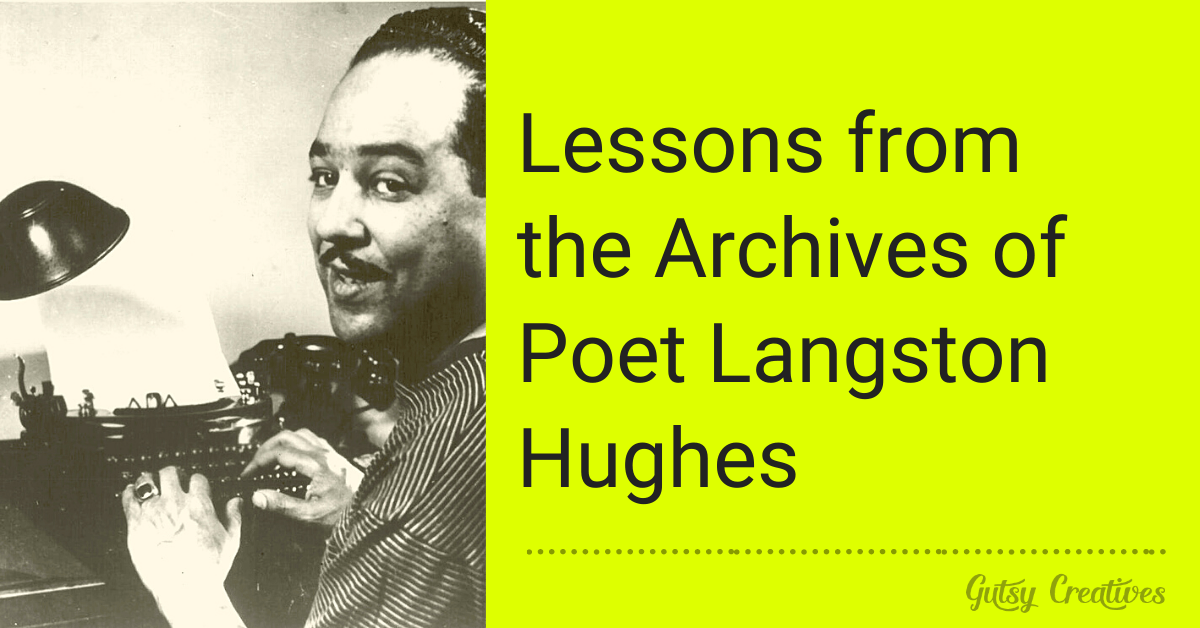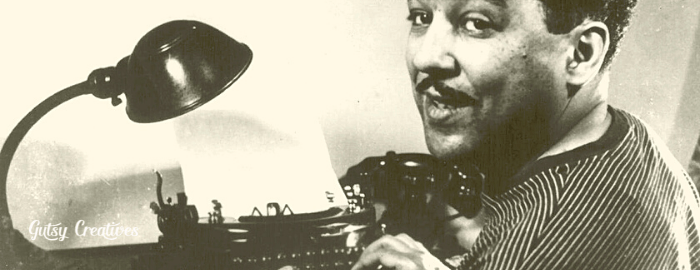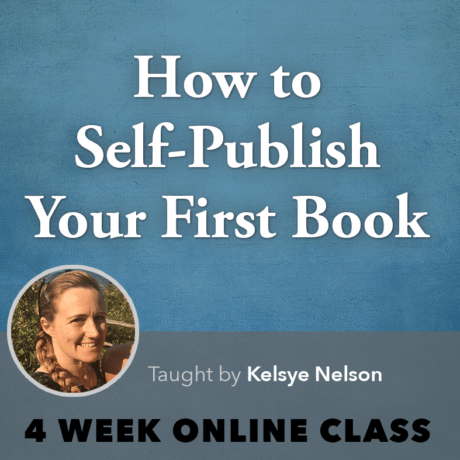

Langsten Hughes was an American poet, social activist, novelist, playwright, and columnist. He is most notably known for his poem, “Harlem”, which starts with the famous line “What happens to a dream deferred?”. He played a central role in the Harlem Renaissance in the 1920s, which was the flowering of black intellectual, literary, and artistic life that took place in several American cities.
Despite receiving heavy and relentless criticism for his literary work, he continued to archive the problems of society, especially the issues of black people and working-class people. The lessons we can learn from his archives are many.
Zora Saed, editor of One Story Thirty Stories, an anthology of contemporary Afghan American Literature by University of Arkansas Press, delves into the archives of Langston Hughes in her work “Langston Hughes: Poems, Photos and Notebooks in Turkestan.” For her, dissecting these archives was not merely a pursuit of literary interest – this archival research was a way of “pushing one’s hand through time and reaching out and being able to connect with a writer in the past, and there is something ghostly and spiritual in that.”
Her work was mostly focused on Langston Hughes’ trip to Central Asia from 1930 to 1933. According to her, one of the most important lessons any writer can learn from Hughes was the way he interacted with people as a writer. His time in Turkestan was not a guided tour with preplanned intentions. Instead, he deviated from his route and trusted on his smile, his friendships, his friendliness, to give him access to other people because he knew the mindset of the people of Central Asia – that was their moral and ethic of hospitality, dependent upon faith and trust.
His archives are not just his notes and his thoughts. He builds connections with people in a way that resonates across years, and his archives are an example of this. They are a collection of his thoughts, conversations he overheard, interviews, sketches and photographs – wallet-sized passport photos given to him by people he met with small notes written behind them.
For Hughes, writing was the way to make connections. His archives are the work of a poet was collecting and including inspiration drawn from others, making political connections, and breaking racial boundaries.
“In the process, not only did he write about Central Asia in a way that was so sensitive and humane and interconnected, but also preserved the work that got destroyed later,” says Zora Saed.
Another important takeaway from Langston Hughes was his openness and hospitality. He would leave his notebook for others to write, make notes, to spell things. His archives bring out his moments of connectivity, community and hospitality, whether or not he knew the language of the people he was interacting with. He had a profound respect for any language and for the voice that enunciated that language.
For most of us, writing is a solitary journey. Like the famous quote, “The writer writes alone, and the reader reads alone.” But for Langston Hughes, writing was the path that led to connectivity and empathy, as is apparent from the small notes and photographs given to him by strangers. For him, writing was the gateway to the world.

Sharika Hafeez
Sharika Hafeez is a nerd, and she’s proud of it. Growing up, she fell in love with books and writing, and is currently following her undergraduate degree (for some mysterious reasons) in Physics. She likes procrastinating by watching the stars with a steaming cup of tea, composing poetry in her head.







0 responses on "Lessons from the Archives of Poet Langston Hughes"